Actor-Observer Bias and donating to the homeless
In the US, on any given night, over 600,000 people are homeless. When you look at the number of people who have been homeless at some point in their lives, this number skyrockets to 1,300,000.
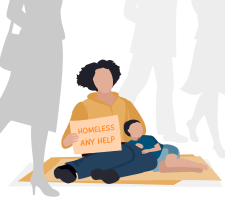
While it is true that a lot of people will give money to help the homeless, if you were to ask people who donate, how they choose the cause to support they might say: “I want my money to reach the needy and not support the middle man”.
So why wouldn’t they just directly give their money to someone in need? The most effective way to get people out of poverty, based on numerous studies, is to give people cash as opposed to supportive services. So why don’t people do this more in the US?
People often, wrongly, make excuses about the less fortunate such as: “They will just waste the money,” “They may not really be homeless,” and “But look they have a car”. Most reasons not to give cash donations are completely unfounded. Rarely is anyone trying to cheat the system! The vast majority are truly needy and would benefit from cash donations which they could use to invest and better their lives.
For the observer, Actor-Observer Bias tells them that the homeless aren’t motivated or they aren’t willing to work hard. This means the observer wrongly places blame on the homeless person. It can be hard to relate to the more likely narrative – that other factors are to blame – because we think we would work harder to ensure that we never would end up in this situation.
 Blog posts
Blog posts Newristics
Newristics
 6 January 2020
6 January 2020
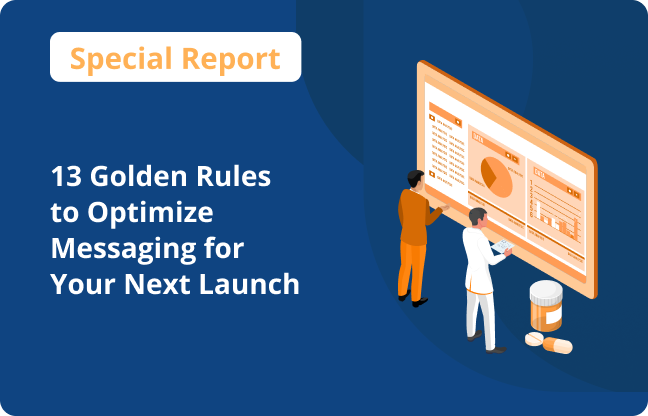
 Back
Back Share
Share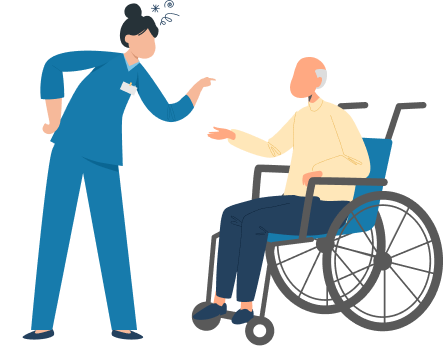




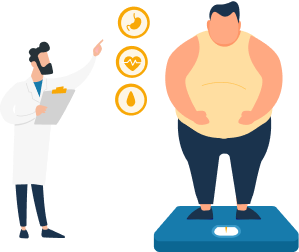

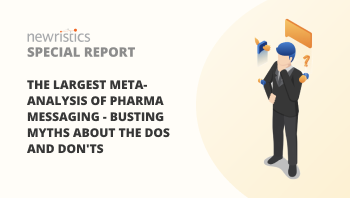
 Special Reports
Special Reports

 Video
Video




